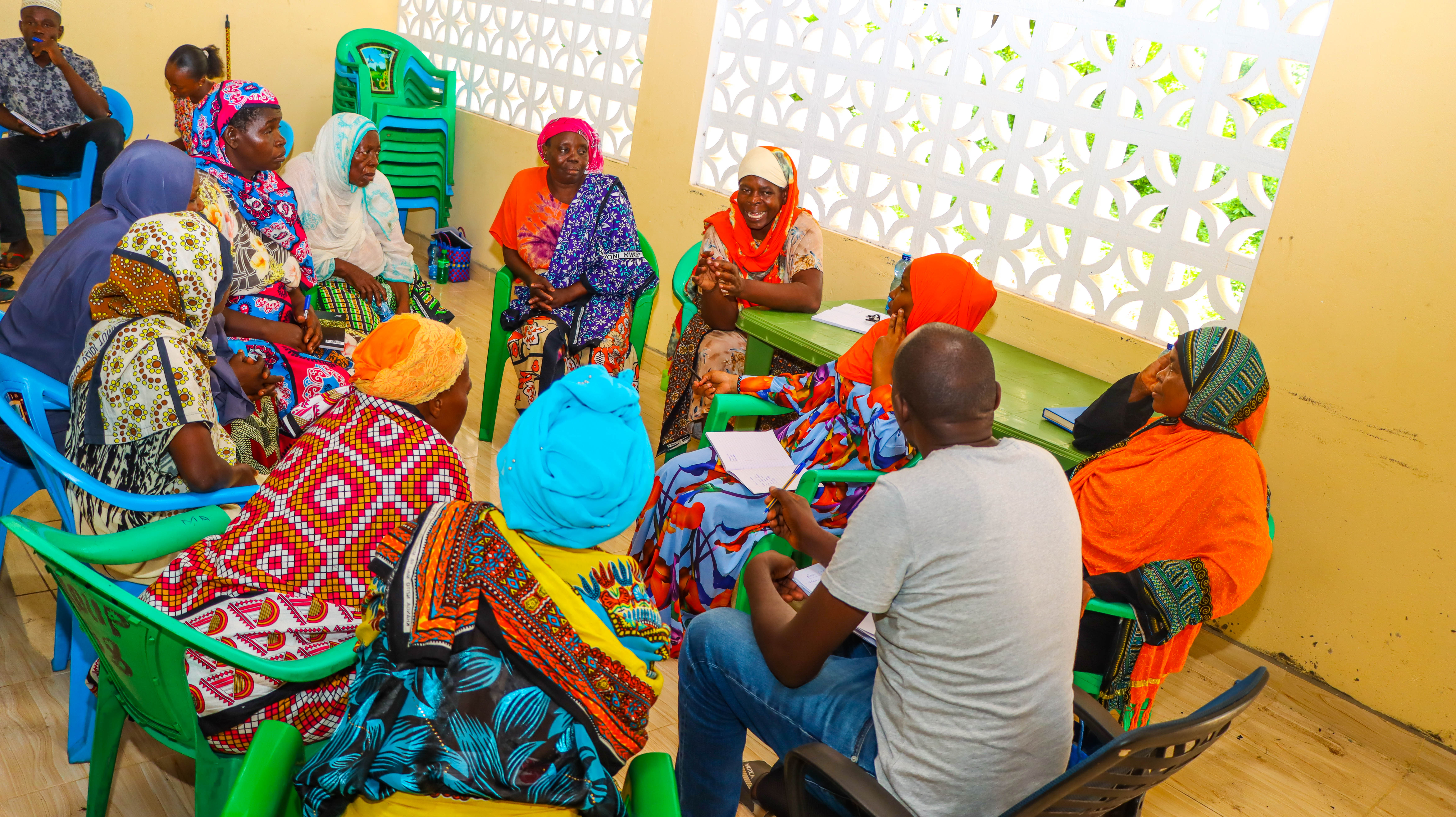🎣 Fish Value Addition
Our fisheries value chain development aims to improve the livelihoods of coastal fisherfolk through targeted value-addition interventions. A value chain assessment in the Msambweni-Shimoni-Vanga seascape identified critical gaps and opportunities: inefficient processing, limited infrastructure, and restricted market access.


🌱 Why It Matters
Small-pelagic fish (locally “dagaa”) are a vital source of nutrition and income. Yet processors in Kibuyuni were using resource-intensive methods, basic drying systems, and lacked hygienic processing conditions; all of which led to high losses and low margins. COMRED is stepping in to shift this paradigm
⚙️ How It Works
We focus on three key drivers of change:
- 👩🏽🏫 Building capacity of fish value-chain actors in business, life skills, fish handling, and hygiene.
- 🏗️ Upgrading value-addition infrastructure — constructing processing zones, installing energy-saving jikos and kilns, and building drying racks, toilets, water tanks, and soak pits.
- 💰 Providing access to finance so value-chain actors can purchase equipment, upgrade operations, and grow sustainable businesses.

The Impact
📊 Milestones & Impact
Since launching this initiative:
- 👩🏽🏫 74 value chain actors trained in life and business skills to enhance enterprise management.
- 🐟 32 dagaa processors in Kibuyuni (22 women, 10 men) trained on leadership, fish handling, and hygiene — improving quality and safety standards.
- 🧱 Processing infrastructure upgraded in Kibuyuni: new compound, energy-saving jikos, FAO FTT kiln, drying racks, water tank, and wastewater management system.
- 🚀 Shift toward better markets: previously, 85% of processors sold only to brokers with new training and infrastructure, we’re unlocking new value chains and fairer prices.
74
‘The majority of projects fail because organizations fail to involve the community in assessments and dialogue to gather enough knowledge on what their specific needs are, in addition, they also fail to conduct enough training, especially on life skills and leadership leading to the majority of groups collapsing shortly after the organizations leave, COMRED has done the right thing in doing so to ensure the success of this project’ - Hassan Mnyeto- Kibuyuni Dagaa Processors
‘The majority of projects fail because organizations fail to involve the community in assessments and dialogue to gather enough knowledge on what their specific needs are, in addition, they also fail to conduct enough training, especially on life skills and leadership leading to the majority of groups collapsing shortly after the organizations leave, COMRED has done the right thing in doing so to ensure the success of this project’ - Hassan Mnyeto- Kibuyuni Dagaa Processors

Stay updated
Our annual newsletter highlights our program impacts and updates on livelihood and conservation activities and milestones.
.png)




